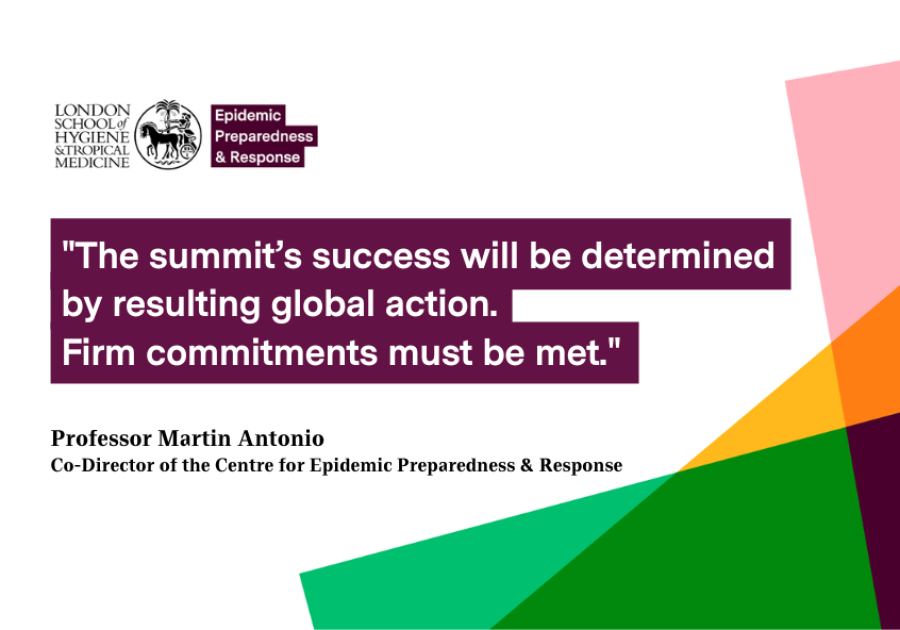
Pandemic Ready: Strengthening Global Preparedness
The ongoing challenges posed by pandemics underscore the critical importance of global preparedness. This article explores key strategies and initiatives aimed at fortifying our collective readiness to face and mitigate the impact of future pandemics.
Building Robust Healthcare Infrastructure: A Foundation for Preparedness
One of the cornerstones of pandemic preparedness is the development of robust healthcare infrastructure. This involves not only increasing the capacity of healthcare facilities but also ensuring a well-trained workforce and efficient supply chains. A strong healthcare foundation allows for swift responses to surges in cases and ensures optimal patient care during pandemics.
Global Collaboration: Unifying Efforts Across Borders
Preparedness for pandemics necessitates global collaboration and cooperation. The interconnected nature of the world demands that nations work together to share information, resources, and expertise. Collaborative efforts create a unified front against emerging health threats, fostering a collective resilience that transcends geographical boundaries.
Early Warning Systems: Anticipating and Responding Swiftly
Implementing early warning systems is crucial for anticipating and responding swiftly to potential pandemics. Advanced surveillance mechanisms, data analytics, and real-time monitoring contribute to the early detection of infectious agents. Early warnings empower authorities to initiate timely responses, such as containment measures and the allocation of resources where they are most needed.
Vaccine Development and Distribution: Agile and Equitable Strategies
Preparedness involves developing agile strategies for vaccine development and distribution. Establishing rapid response mechanisms, streamlining regulatory processes, and fostering global collaborations are essential. Equitable vaccine distribution ensures that all populations, regardless of geographic location or socioeconomic status, have timely access to vaccines, contributing to widespread immunity.
Community Engagement and Education: Empowering Local Response
Empowering communities through engagement and education is a cornerstone of pandemic preparedness. Informed communities are better equipped to understand and adhere to preventive measures, recognize symptoms, and actively participate in public health initiatives. Community engagement creates a network of resilience, with local populations playing an active role in pandemic response.
Supply Chain Resilience: Ensuring Uninterrupted Access to Resources
Maintaining resilient supply chains is critical for pandemic preparedness. Ensuring uninterrupted access to medical supplies, personal protective equipment (PPE), and essential medications is vital during health crises. Strategies such as diversification of suppliers, stockpiling critical resources, and optimizing distribution networks contribute to a resilient and responsive supply chain.
Telehealth and Remote Healthcare: Adapting to New Realities
The integration of telehealth and remote healthcare services is paramount for adapting to new pandemic realities. These services provide remote consultations, monitoring, and support, reducing the burden on physical healthcare facilities. Embracing telehealth ensures the continuity of essential healthcare services while minimizing the risk of virus transmission.
Cross-Sectoral Collaboration: A Comprehensive Approach
Preparedness for pandemics requires a comprehensive, cross-sectoral approach. Collaborating with industries beyond healthcare—such as technology, finance, and logistics—enhances overall response capacity. A multi-sectoral strategy ensures a more resilient and adaptable response to complex challenges posed by pandemics.
Investing in Research and Innovation: Anticipating Future Challenges
Preparedness is an ongoing process that involves investing in research and innovation. Anticipating and addressing future challenges requires continuous scientific advancements. This includes developing new treatments, improving diagnostics, and understanding the evolving nature of infectious agents. Investment in research lays the groundwork for staying ahead of emerging health threats.
In conclusion, being pandemic-ready involves a multifaceted approach that encompasses healthcare infrastructure, global collaboration, early warning systems, vaccine strategies, community engagement, supply chain resilience, telehealth integration, cross-sectoral collaboration, and ongoing research and innovation. By fortifying our preparedness on all these fronts, we can collectively navigate and mitigate the impact of future pandemics.
Explore more about Preparedness for Pandemic at www.greencitizens.net

